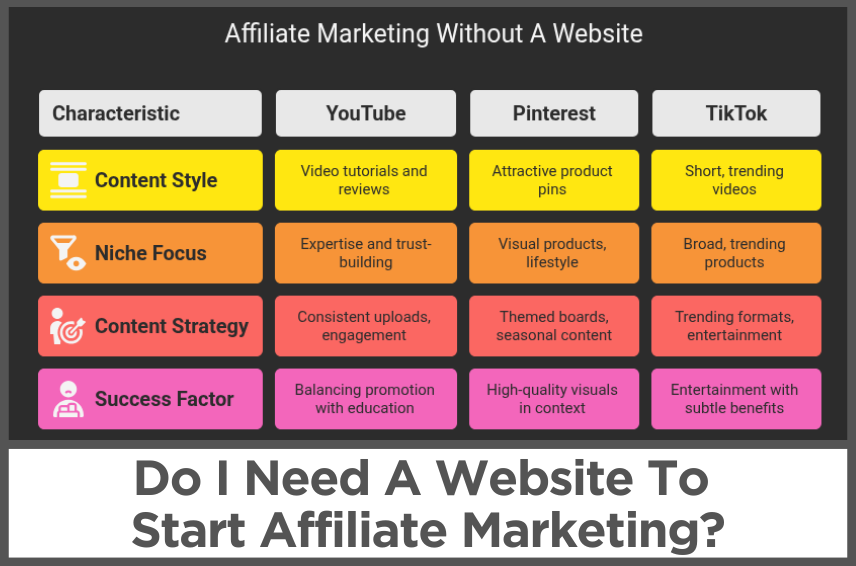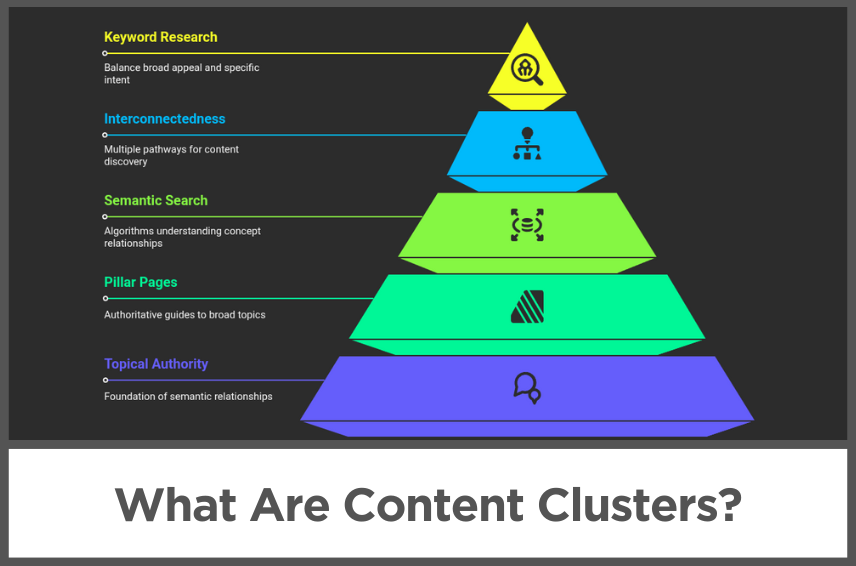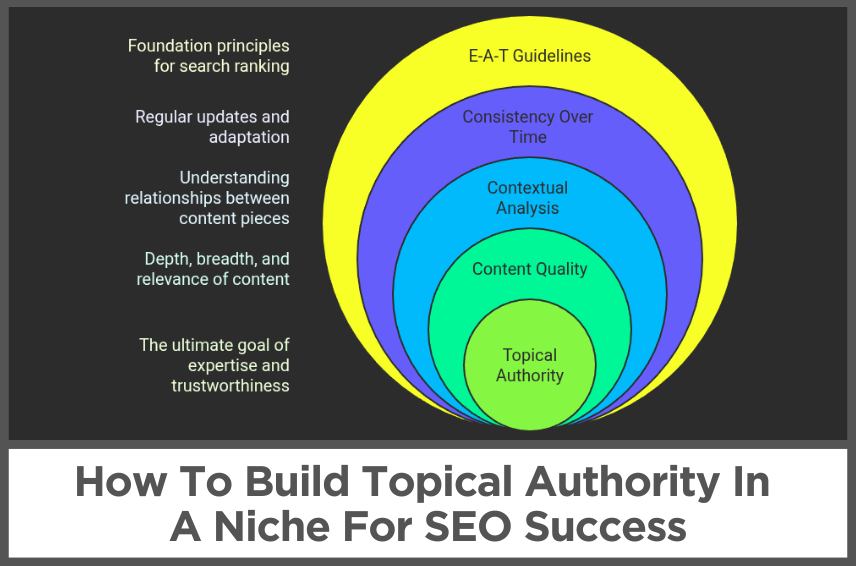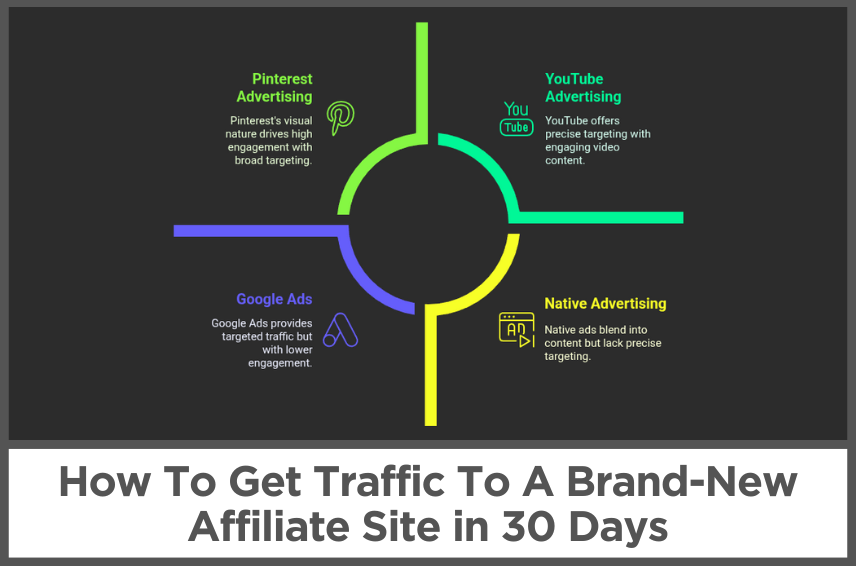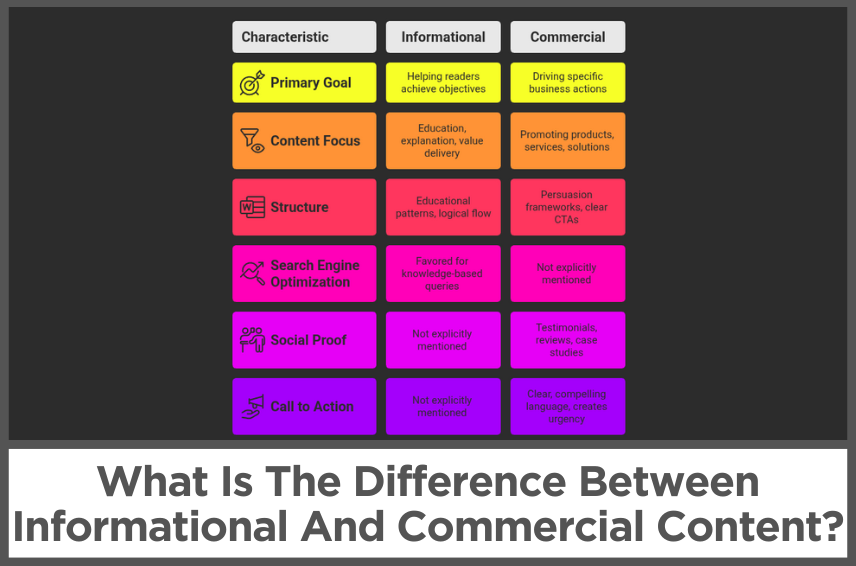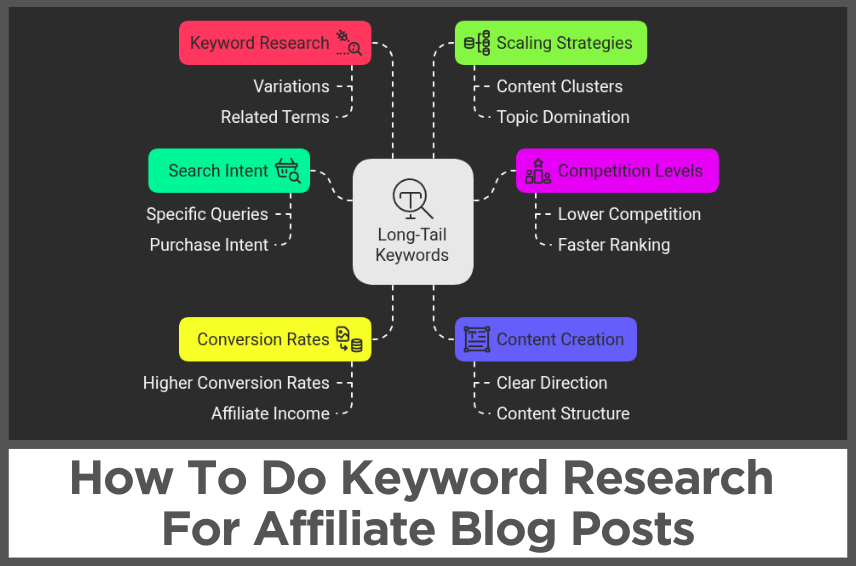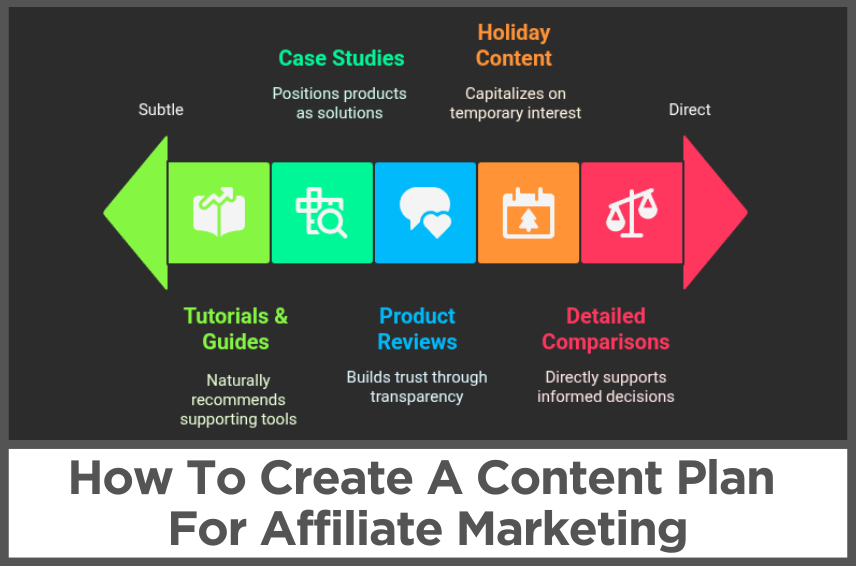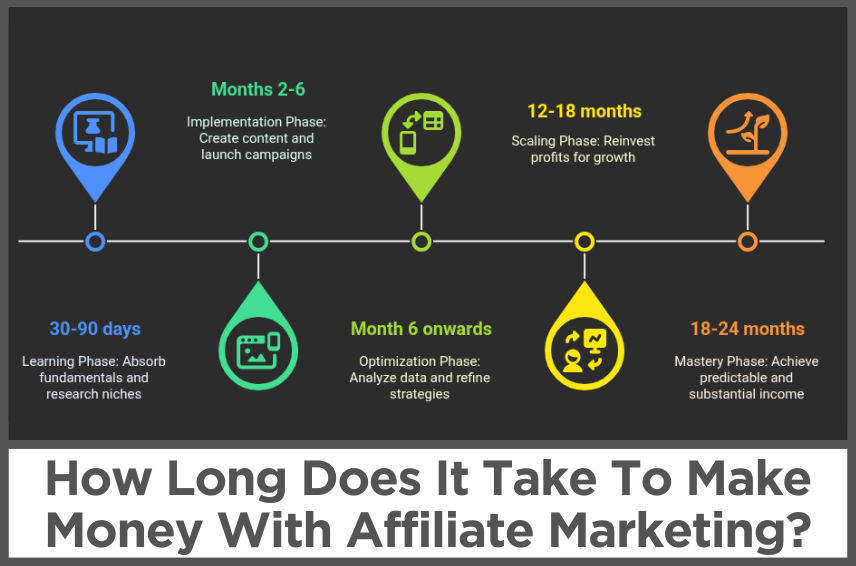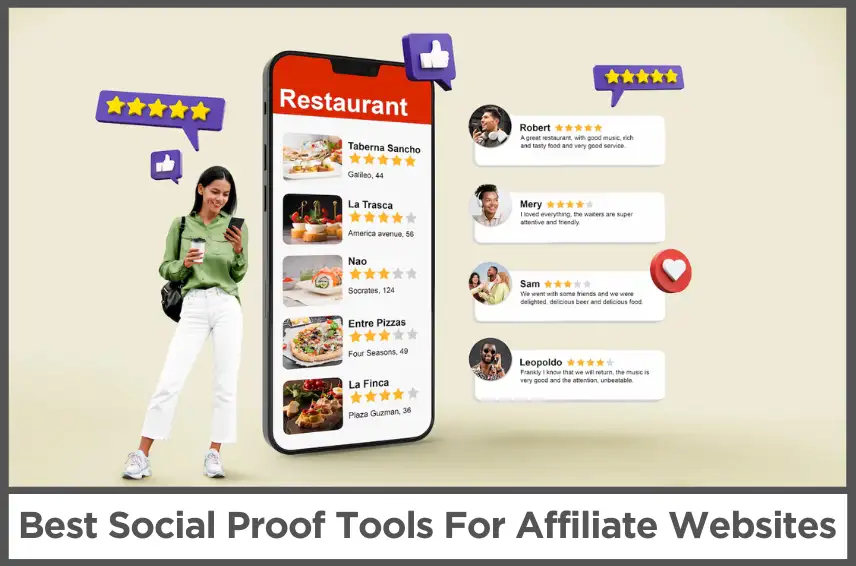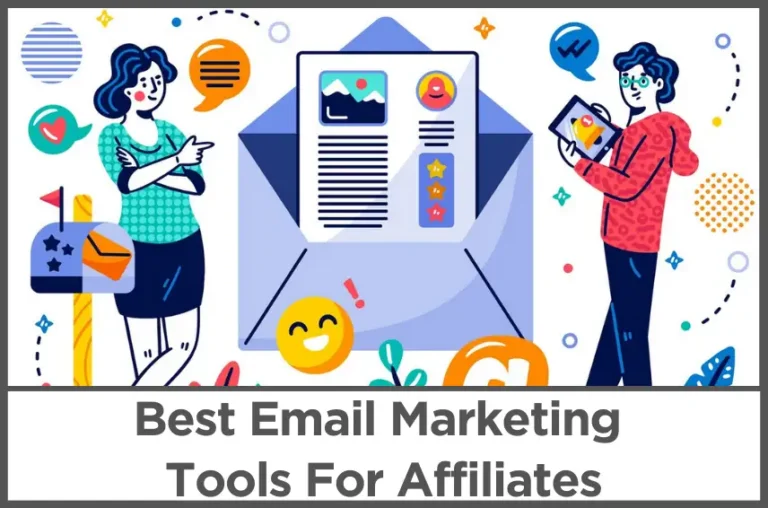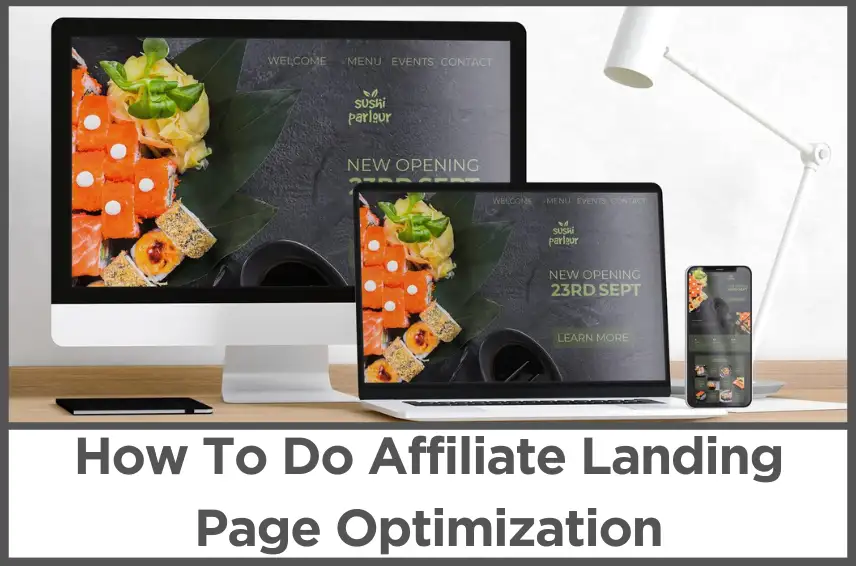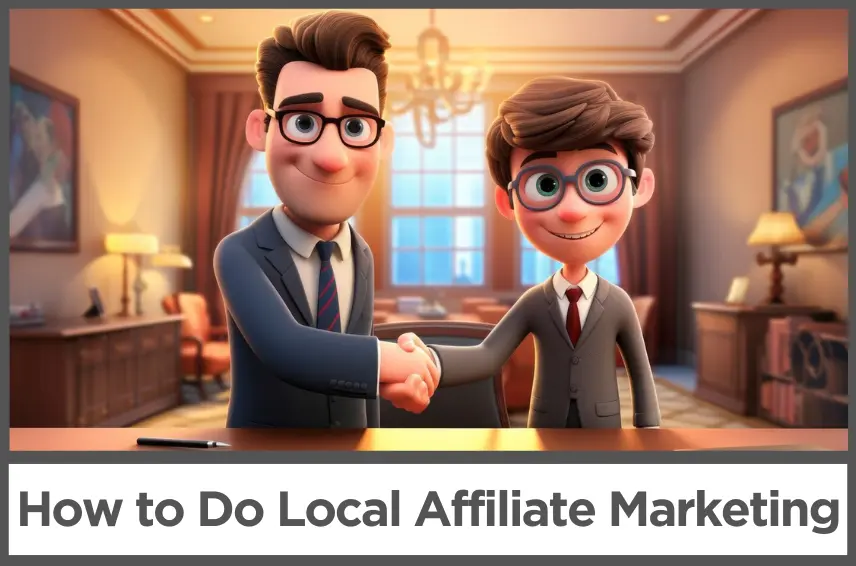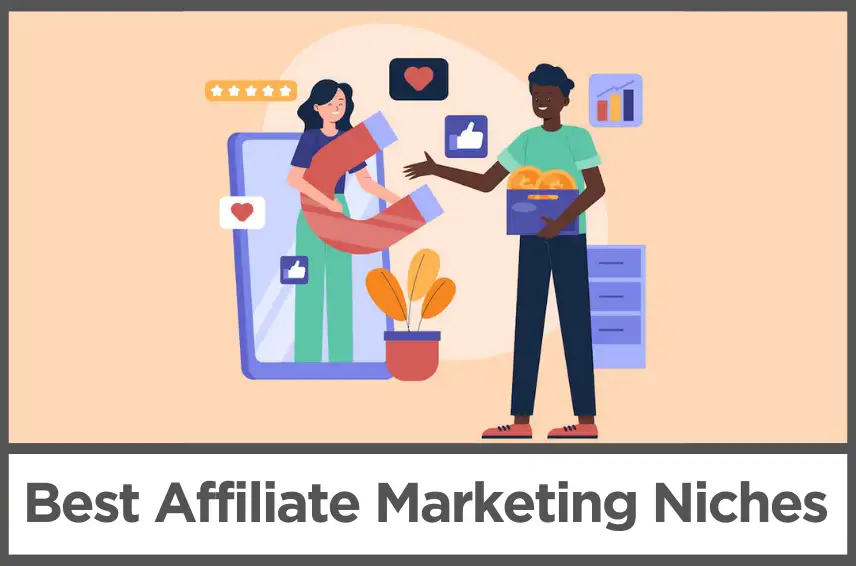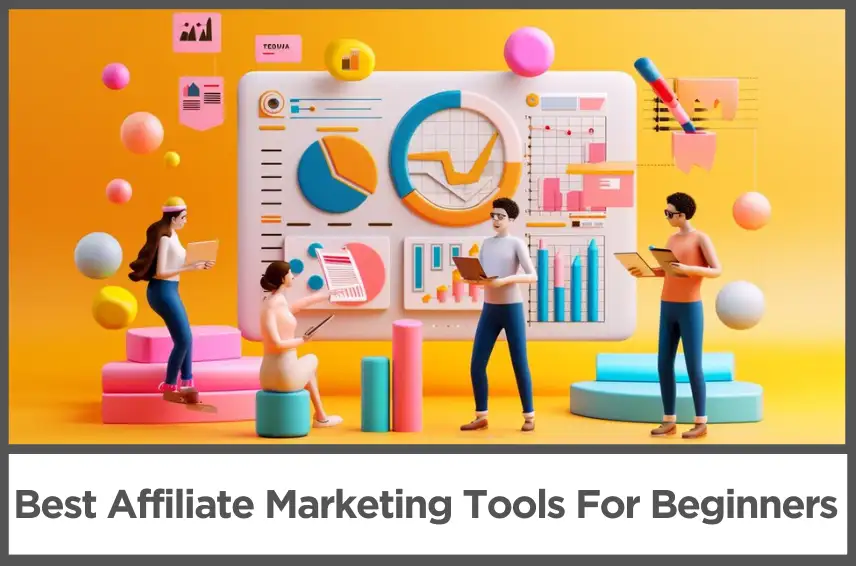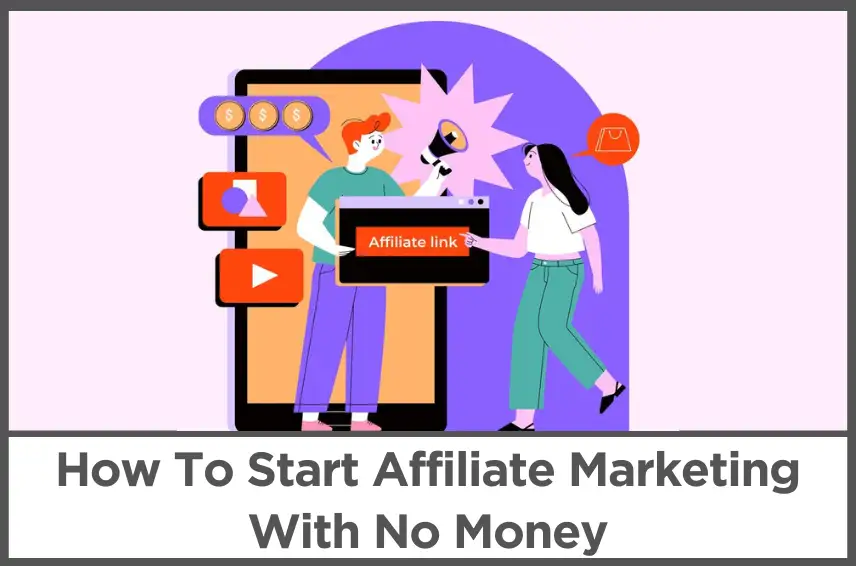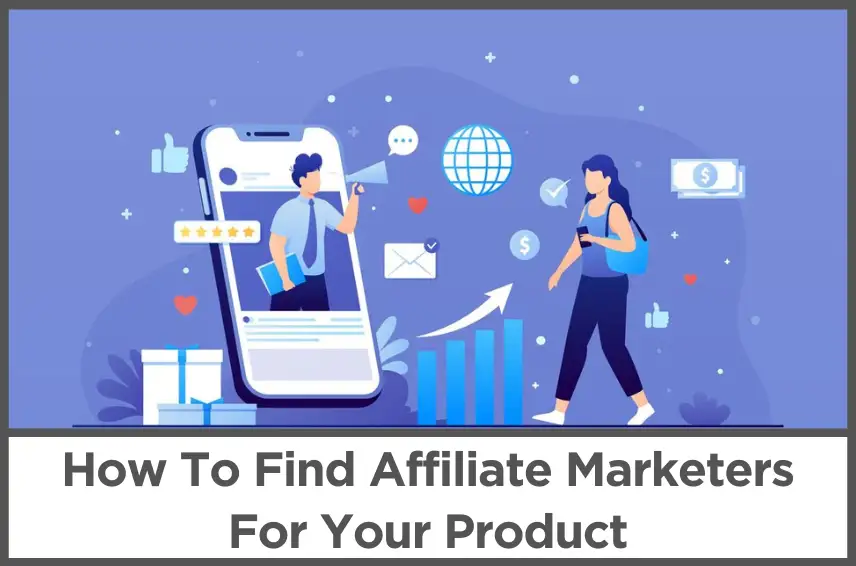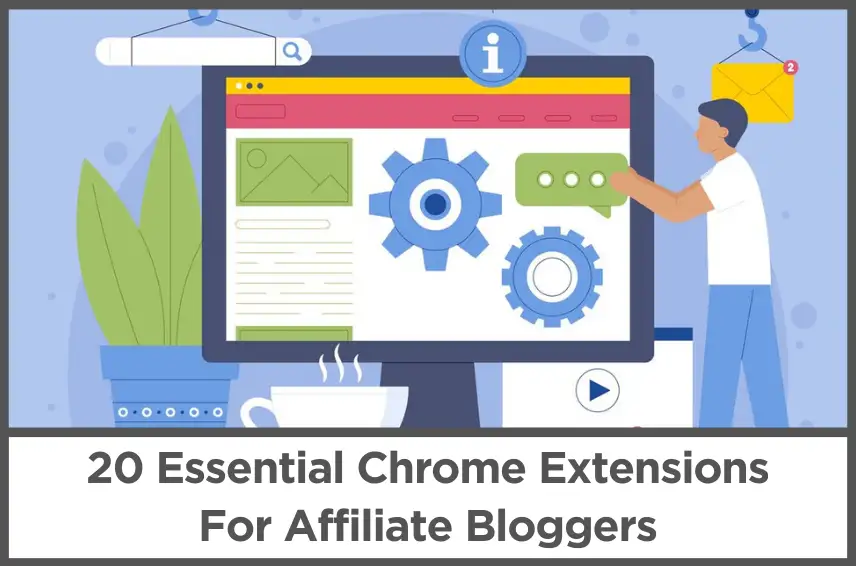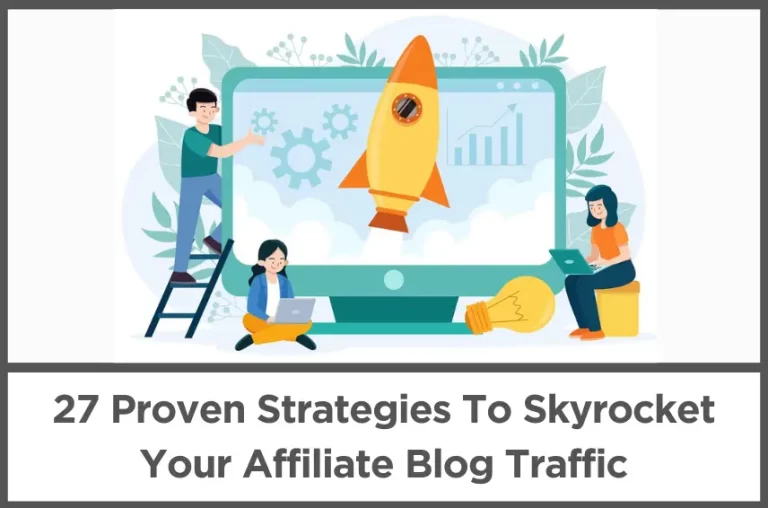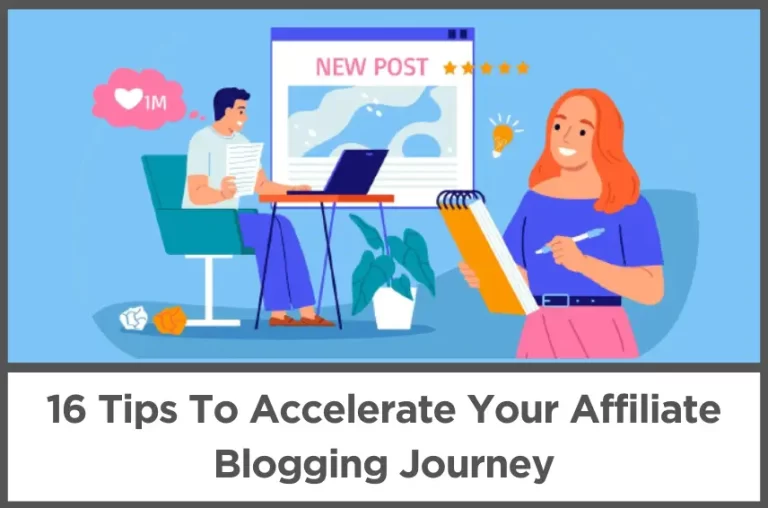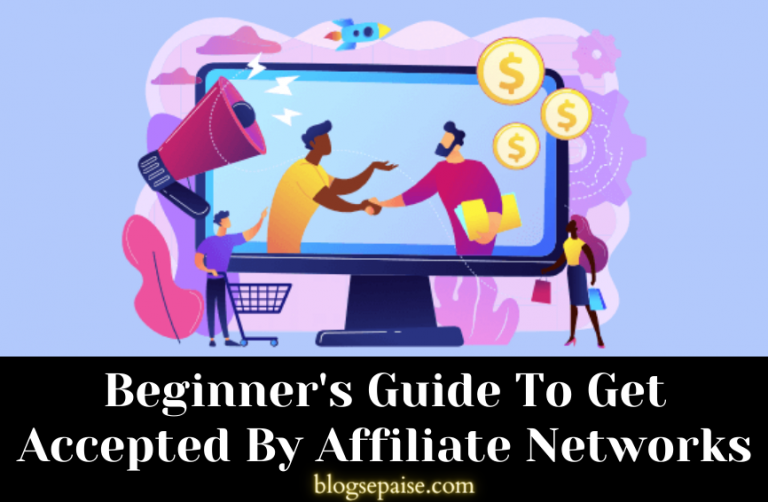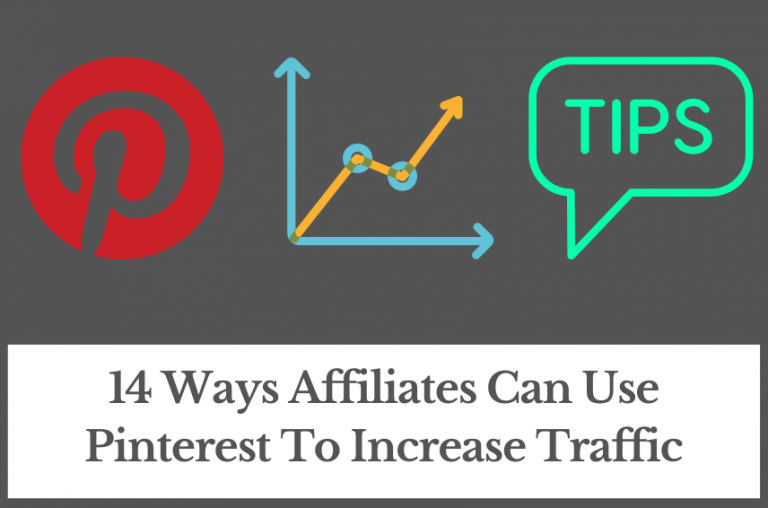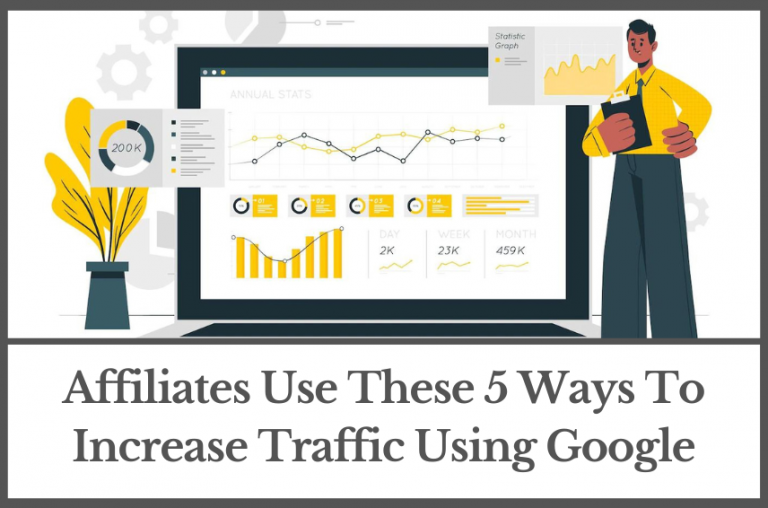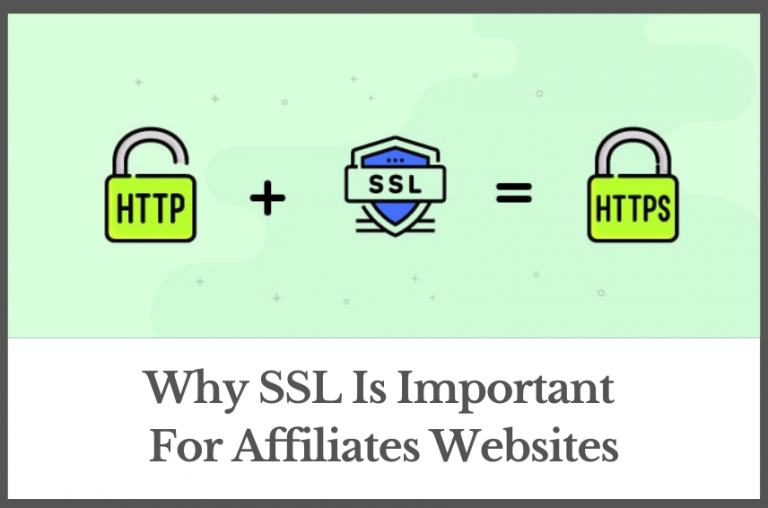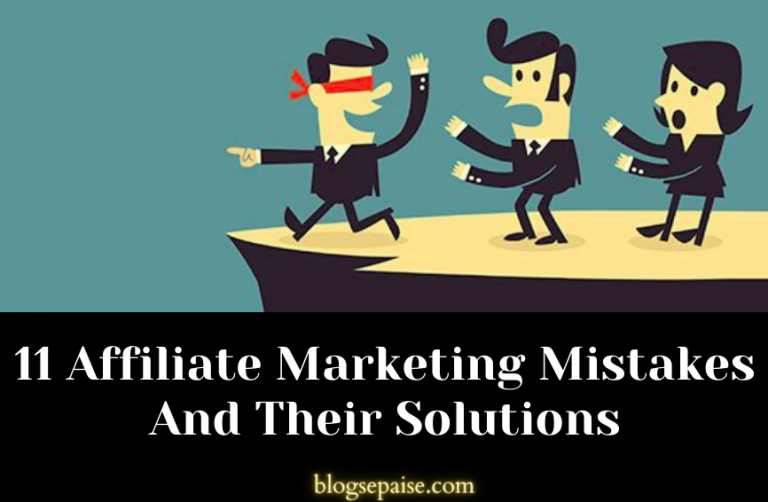Do I Need A Website To Start Affiliate Marketing?
by Abhigyan
The question of needing a website to start affiliate marketing continues to confuse many aspiring marketers.
The short answer is no, you can absolutely start affiliate marketing without a website. However, the complete picture involves multiple pathways, each with distinct advantages and limitations.
Many successful affiliates have built profitable businesses using social media platforms, email marketing, YouTube channels, and other methods that don’t require traditional websites.
These approaches can generate substantial income while requiring minimal upfront investment or technical knowledge.
At the same time, having a website provides significant benefits that can accelerate your success and create more sustainable income streams.
The choice between website-based and website-free approaches depends on your goals, budget, technical comfort level, and preferred marketing methods.
This article explores both paths thoroughly, helping you make informed decisions about the best approach for your specific situation.
You’ll discover proven strategies for succeeding with and without websites, plus practical advice for getting started regardless of which route you choose.
Disclosure: Some of the links I share might be affiliate links. If you click on one and make a purchase, I may earn a small commission as a thank you. But don’t worry, it won’t cost you anything extra. I only recommend stuff I genuinely believe in. Your support helps me keep creating awesome content. You can read my full affiliate disclosure in my disclaimer page.
IN THIS POST :
ToggleStarting Affiliate Marketing Without A Website
Thousands of affiliates generate significant income without owning traditional websites.
They leverage existing platforms like Instagram, TikTok, YouTube, and email lists to promote affiliate products effectively.
These methods often require less initial investment and can produce results more quickly than building websites from scratch.
Platform-based affiliate marketing works because you can tap into established audiences and traffic sources immediately.
Instead of spending months building website traffic, you can start reaching potential customers on day one through social media posts, videos, or email campaigns.
The key to success without a website lies in choosing platforms where your target audience already spends time.
A fitness affiliate might thrive on Instagram by sharing workout videos and supplement recommendations.
A tech affiliate could build a YouTube following by reviewing gadgets and software tools.
However, this approach comes with inherent risks and limitations. Platform dependency means your business success relies on companies you don’t control.
Algorithm changes, policy updates, or account suspensions can dramatically impact your income overnight.
Most successful no-website affiliates eventually diversify across multiple platforms to reduce these risks.
They might combine Instagram posts with YouTube videos, email marketing, and TikTok content to create multiple income streams that don’t depend on any single platform.
Platform-Based Affiliate Marketing Strategies
YouTube represents one of the most powerful platforms for affiliate marketing without websites.
Product reviews, tutorials, and comparison videos naturally incorporate affiliate links while providing genuine value to viewers.
The platform’s massive reach and Google integration create excellent opportunities for affiliate income.
Successful YouTube affiliates focus on specific niches where they can demonstrate expertise and build trust.
They create consistent content schedules, engage with their audiences through comments, and optimize their videos for search discovery.
The key is balancing promotional content with educational material that viewers actually want to watch.
Pinterest works exceptionally well for visual products and lifestyle niches. Fashion, home decor, recipes, and DIY projects perform particularly strongly on this platform.
Affiliates create attractive pins that link directly to affiliate products, leveraging Pinterest’s role as a visual search engine.
The Pinterest strategy involves creating boards around specific themes, then populating them with high-quality pins that showcase affiliate products in context.
Seasonal content performs especially well, allowing affiliates to capitalize on holiday shopping, summer activities, and other timely trends.
TikTok offers explosive reach potential for affiliates who master short-form video content.
Product demonstrations, before-and-after transformations, and quick tips can generate millions of views and substantial affiliate commissions.
The platform’s algorithm can rapidly amplify content that resonates with audiences.
Successful TikTok affiliates study trending formats and adapt them to incorporate their affiliate products naturally.
They focus on entertainment value while subtly showcasing product benefits, creating content people actually want to share and engage with.
Social Media Affiliate Marketing
Instagram affiliate marketing thrives on visual storytelling and authentic recommendations.
Fashion, beauty, fitness, and lifestyle products perform exceptionally well when promoted through carefully curated feeds and engaging Stories content.
The platform’s shopping features make purchasing decisions seamless for followers.
Building Instagram success requires consistent posting, strategic hashtag usage, and genuine engagement with your audience.
The most successful affiliates treat their accounts as lifestyle brands, sharing personal experiences alongside product recommendations to build trust and authenticity.
Facebook groups create communities around specific interests or problems, providing natural environments for affiliate recommendations.
Health and wellness groups, parenting communities, and hobby-focused groups often welcome helpful product suggestions from trusted members.
The Facebook group strategy works best when you focus on helping rather than selling.
Answer questions, provide valuable advice, and occasionally mention products when they genuinely solve problems discussed in the group.
Building reputation and trust precedes promotional activities.
LinkedIn works particularly well for business-focused affiliate products like software tools, courses, and professional services.
The platform’s professional context makes it ideal for sharing industry insights while recommending relevant solutions to business challenges.
Successful LinkedIn affiliates position themselves as industry experts who share valuable insights and occasionally recommend tools they personally use.
They write detailed posts about business challenges and solutions, naturally incorporating affiliate products when appropriate.
Email Marketing For Affiliates Without A Website
Email marketing remains one of the most profitable channels for affiliate promotion, requiring no website infrastructure.
You can build email lists through lead magnets offered on social media, free resource directories, or collaborative partnerships with other marketers.
The power of email lies in direct communication with interested prospects.
Unlike social media platforms where algorithms control visibility, emails land directly in subscriber inboxes where you can craft personalized messages that drive affiliate conversions.
Building email lists without websites requires creative lead generation strategies.
Social media contests, free resources shared through platforms like Google Drive, and partnerships with complementary businesses can all generate subscribers effectively.
Once you have subscribers, success depends on providing consistent value alongside promotional content.
The most effective affiliate email marketers follow the 80/20 rule, delivering valuable content 80% of the time while promoting affiliate products 20% of the time.
Newsletter-style emails work exceptionally well for affiliate promotion because they mimic trusted media sources.
Subscribers expect curated recommendations and product suggestions when they’re presented as helpful resources rather than aggressive sales pitches.
Automation sequences allow you to nurture new subscribers systematically while promoting relevant affiliate products at optimal moments.
Welcome series, educational courses, and product-specific sequences can generate affiliate income automatically once properly configured.
Why Having A Website Still Offers Major Advantages
Websites provide complete control over your marketing environment and customer experience.
You own the platform, set the rules, and keep all the traffic and data generated through your efforts.
This ownership creates long-term business stability that platform-dependent strategies cannot match.
Search engine optimization through websites can generate consistent, free traffic for years after initial content creation.
Well-optimized articles and pages continue attracting visitors and generating affiliate commissions long after publication, creating passive income streams that platform posts rarely achieve.
Professional credibility increases significantly when you have a dedicated website.
Potential customers and affiliate partners take you more seriously when you operate from your own domain rather than relying solely on social media profiles or third-party platforms.
Conversion optimization becomes much more sophisticated with website control.
You can design landing pages specifically for affiliate promotions, implement advanced tracking systems, and create sales funnels that guide visitors through carefully crafted conversion processes.
Data ownership provides invaluable insights for business growth.
Website analytics reveal detailed visitor behavior, traffic sources, conversion patterns, and audience preferences that help you optimize your affiliate marketing strategies continuously.
Email list building becomes significantly easier with website lead magnets.
Offering valuable free resources in exchange for email addresses works much more effectively when visitors can download materials directly from your site rather than through third-party platforms.
Simple Website Solutions For Beginner Affiliate Marketers
Hostinger offers very afforadable website hosting with all functionality for affiliate marketing.
The platform provides professional templates, AI website builder, basic customization options, and one-click WordPress installation that require no technical expertise.
Using WordPress, you can create content, build an audience, and generate initial affiliate income while learning the fundamentals of website management.
Wix and Elementor provide drag-and-drop website builders that make professional site creation accessible to complete beginners.
These platforms offer attractive templates, integrated e-commerce features, and reliable hosting all in one convenient package.
The visual editor approach appeals to people who prefer designing through direct manipulation rather than dealing with code or complex configuration settings.
You can create professional-looking affiliate sites within hours rather than weeks.
Blogger and Medium represent completely free platforms that bridge the gap between social media and traditional websites.
They provide more control than social platforms while requiring less investment than premium website solutions.
These platforms work particularly well for content-heavy affiliate strategies focused on reviews, tutorials, and educational material.
The blogging format naturally accommodates affiliate links while providing genuine value to readers.
Partnerstack allows direct linking to products without requiring separate websites.
The program provides tools for creating product showcases, comparison charts, and recommendation widgets that can be shared across various platforms effectively
Combining Websites With Other Platforms
Smart affiliate marketers often combine websites with social media platforms to maximize their reach and income potential.
The website serves as a hub for detailed content and lead capture, while social platforms drive traffic and provide additional promotion channels.
This integrated approach allows you to capture social media traffic through website lead magnets, then nurture those subscribers through email marketing campaigns that promote multiple affiliate products over time.
The combination creates more touchpoints and conversion opportunities.
Cross-platform content repurposing maximizes your effort investment.
A detailed product review on your website can become multiple social media posts, an email newsletter segment, and several short-form videos for platforms like TikTok and Instagram Reels.
The repurposing strategy ensures consistent messaging across all platforms while adapting content formats to match each platform’s strengths and audience preferences.
This approach builds brand recognition and trust more effectively than platform-specific strategies.
Traffic funnel creation becomes more sophisticated when combining websites with other platforms.
Social media generates awareness and initial interest, websites provide detailed information and capture leads, and email marketing nurtures prospects toward affiliate conversions.
Platform-specific optimization remains important even within hybrid approaches.
Instagram content should look native to Instagram, while website content should be optimized for search engines.
The key is maintaining consistency in messaging while adapting format and style to each platform.
Making The Right Choice For Your Approach
Budget considerations often determine the best starting approach for new affiliate marketers.
Platform-based strategies require minimal upfront investment, making them ideal for people who want to test affiliate marketing before committing significant resources.
Starting without a website allows you to focus entirely on learning affiliate marketing fundamentals like audience research, product selection, and promotional techniques.
These skills remain valuable regardless of which platforms you eventually choose to emphasize.
Long-term goals should influence your platform decisions significantly.
If you want to build a scalable business with multiple income streams, investing in website development makes sense even if you start with other platforms initially.
Time availability affects platform choice because different approaches require varying time commitments.
Social media platforms often demand daily activity and engagement, while websites can generate traffic with less frequent content updates once established.
Technical comfort levels determine how quickly you can implement different strategies.
People who enjoy learning new technologies might prefer website development, while those who favor interpersonal communication might excel on social platforms.
Risk tolerance plays a crucial role in platform selection.
Website ownership provides more control but requires larger investments, while platform-based strategies offer quicker starts but less long-term security.
Market research reveals where your target audience spends time and how they prefer consuming content.
B2B audiences might respond better to LinkedIn and email marketing, while younger demographics might engage more on TikTok and Instagram.
Final Thoughts On Affiliate Marketing Without A Website
The question of needing a website for affiliate marketing has a nuanced answer that depends entirely on your specific situation, goals, and preferences.
You can absolutely succeed without a website by leveraging social media platforms, email marketing, and other creative approaches that require minimal upfront investment.
Platform-based strategies offer immediate market access and lower barriers to entry, making them perfect for testing affiliate marketing concepts and building initial income streams.
Many successful affiliates have built substantial businesses using nothing more than Instagram accounts, YouTube channels, or email lists.
However, websites provide undeniable advantages in terms of control, scalability, and long-term stability.
The ability to own your platform, optimize for search engines, and create sophisticated conversion funnels makes websites valuable assets for serious affiliate marketers.
The most successful approach often combines multiple strategies, using social platforms to drive traffic while building owned assets like websites and email lists.
This hybrid method provides immediate income opportunities while creating sustainable long-term business foundations.
Your choice should align with your current resources, technical abilities, and business objectives.
Start with the approach that feels most comfortable and scalable for your situation, then expand into additional channels as your business grows and evolves.
Remember that success in affiliate marketing depends more on providing genuine value to your audience than on the specific platforms you choose.
Focus on helping people solve problems and make better purchasing decisions, and you’ll find success regardless of whether you start with or without a traditional website.
If you find this article helpful, kindly share it with your friends. You may also Pin the above image on your Pinterest account. Thanks!
Abhigyan Mahanta
Hi! I’m Abhigyan, a remote web developer and an affiliate blogger. I create beginner-friendly guides to help new affiliates get started and grow in affiliate marketing. I also share information on remote companies and interview preparation tips.

